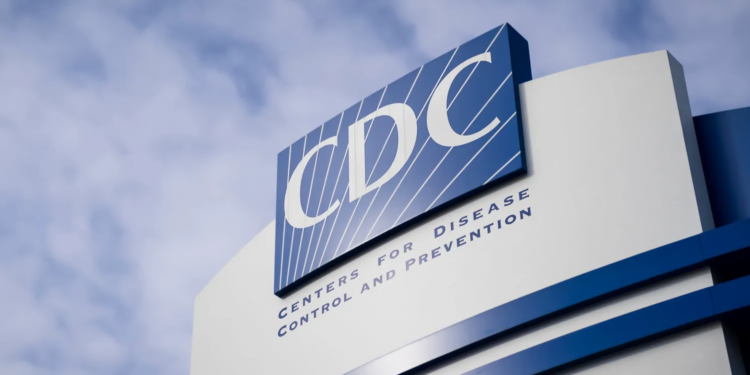The Centers for Disease Control and Prevention (CDC) in the United States decided not to send an alert about the potential link between COVID-19 vaccines and heart inflammation due to concerns about causing panic, according to an email obtained by The Epoch Times. Internal documents show that the CDC had drafted an alert about the risk of myocarditis resulting from Pfizer-BioNTech and Moderna vaccines but ultimately chose not to release it. The alert would have been sent through the CDC's Health Alert Network (HAN), which reaches state and local officials, as well as doctors across the country.
The decision not to send the alert was revealed in a May 25, 2021 email from Dr. Sara Oliver, a CDC official, who stated that some officials were worried about appearing alarmist. This revelation has raised concerns among lawmakers and health experts who argue that public health should take precedence over public perception.
The CDC's choice not to immediately issue a formal alert has been criticized as inexcusable and malpractice by Senator Ron Johnson, the top Republican on the Senate Homeland Security Permanent Subcommittee on Investigations. It remains unclear which official or officials made the decision not to send the alert at the time when doctors were seeing patients with myocarditis symptoms after vaccination.
Drug safety advocate Kim Witczak expressed her disbelief at the CDC's hesitation to raise awareness about the potential risk of heart inflammation. She believes that alarming people is necessary to ensure they are aware of the potential problem. Witczak also pointed out that the CDC's transparency issues with agencies and drug companies have eroded consumer confidence in public health.
Dr. Tom Frieden, a former CDC director, emphasized the importance of weighing the risk of COVID-19 against the risk and benefit of any treatment, including vaccines. He acknowledged that safety signals need to be thoroughly investigated but also stressed the need for timely communication to healthcare professionals and the public.
The CDC's decision not to send the alert came after reports of myocarditis and pericarditis cases following vaccination began to emerge. The Vaccine Adverse Event Reporting System (VAERS) triggered a signal in February 2021, and Israel also warned the CDC and U.S. drug regulators of a large number of cases among young males. However, the CDC initially downplayed the reports, falsely stating that no signal had been triggered.
The CDC did communicate with certain state officials and doctors about myocarditis issues starting in April 2021. However, the decision not to send the formal alert raised questions about transparency and accountability within the agency. The draft of the alert obtained by The Epoch Times was completely redacted, and it remains unknown why the CDC chose not to send it after consulting with the FDA.
Instead of the alert, the CDC published a webpage titled “Clinical Considerations” which acknowledged the increased cases of myocarditis and pericarditis following mRNA COVID-19 vaccination. The webpage reached the same provider recipients as a HAN alert would have, according to a CDC spokeswoman.
The decision not to send the alert has fueled concerns about the CDC's prioritization of public perception over public health. Critics argue that transparency and timely communication are essential in maintaining trust and confidence in public health agencies.







